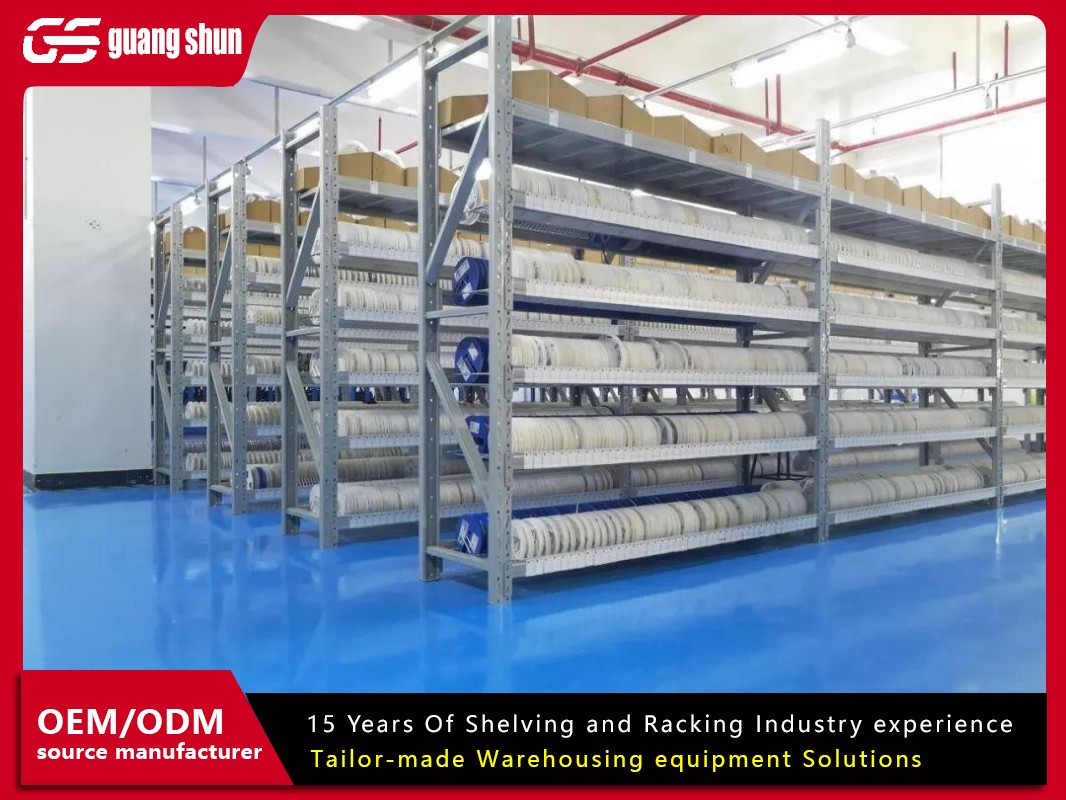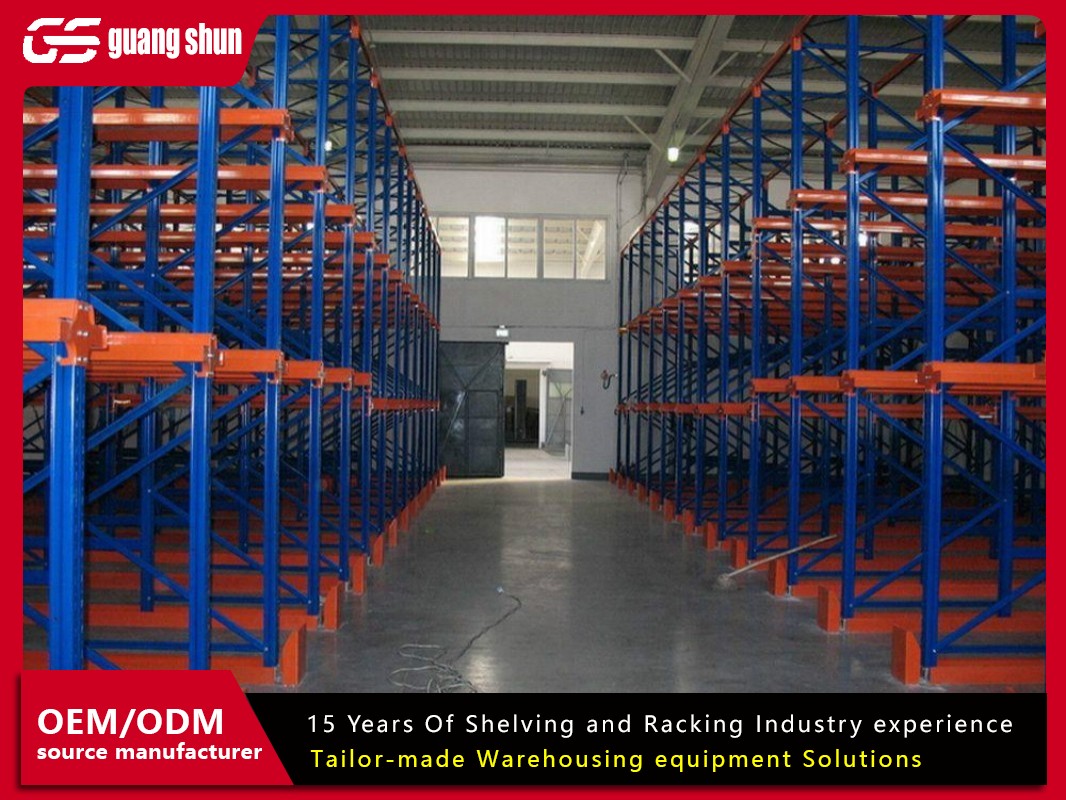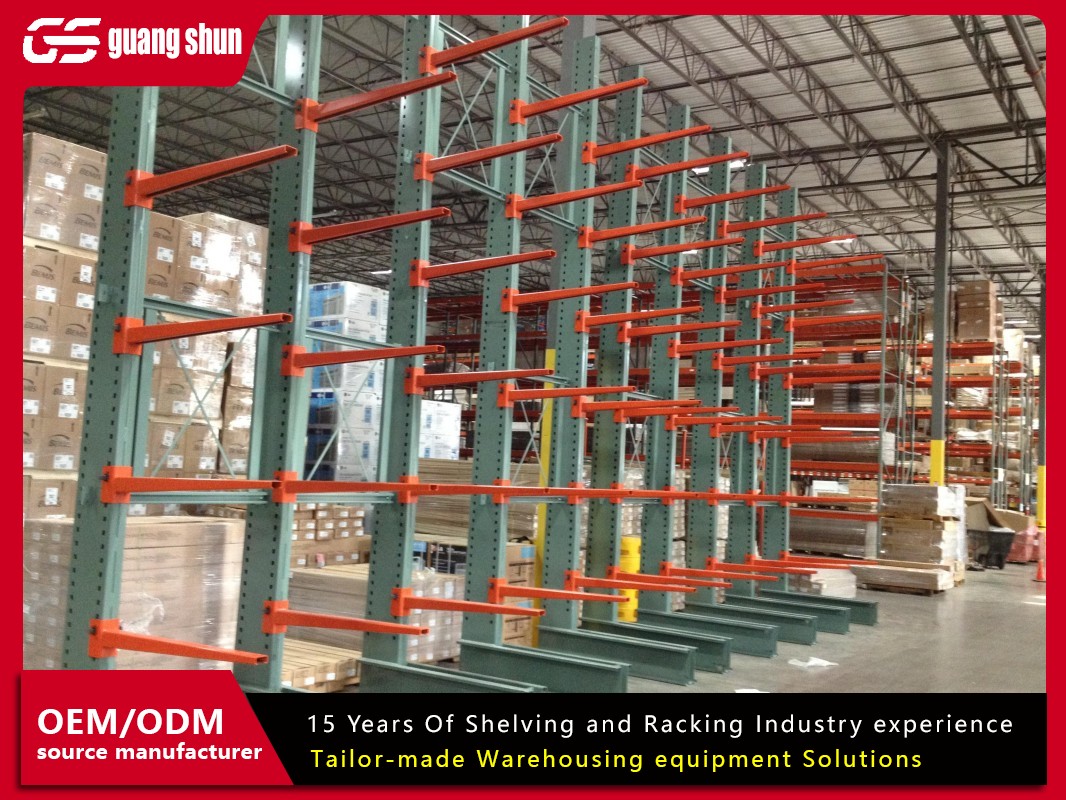Is your backyard, patio, or garage overflowing with gardening supplies, outdoor toys, and barbecue essentials? You're not alone. As we spend more time cultivating our outdoor living areas, the need for organized storage becomes critical. This is where a well-chosen outdoor shelving storage system becomes a game-changer. It’s not just about stashing things away; it's about creating a functional, tidy, and aesthetically pleasing space that enhances your enjoyment of the great outdoors.
This article will walk you through seven clever ideas and provide a comprehensive guide to selecting the perfect outdoor shelving solution for your specific needs.
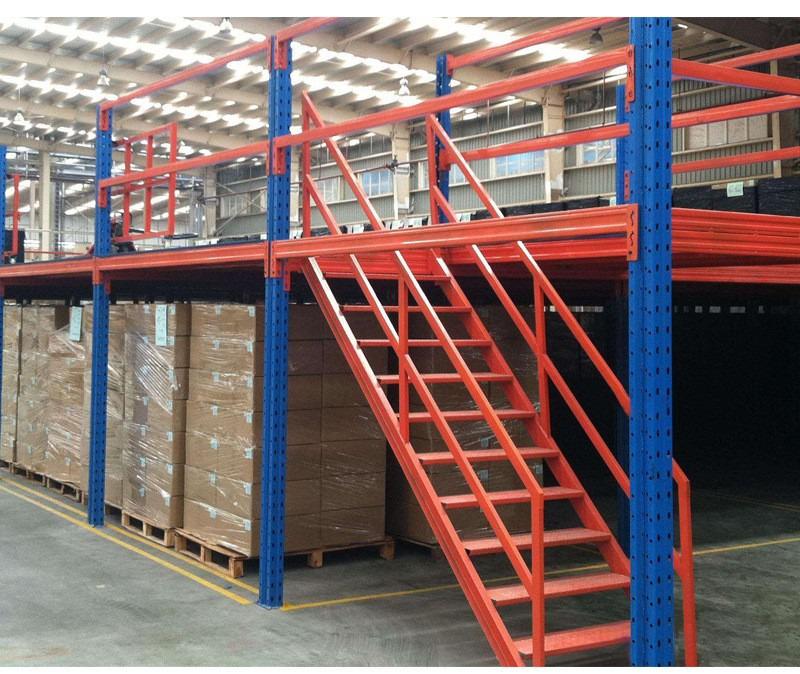
Why Your Home Needs Dedicated Outdoor Storage
Before diving into the specifics, let's address the "why." Clutter isn't just an indoor problem. Leaving cushions, tools, and pool chemicals exposed to the elements leads to premature wear, damage, and can even create safety hazards. A dedicated outdoor shelving storage unit helps:
Protect Your Investment: Keep expensive gardening tools, grilling accessories, and patio furniture cushions dry and clean.
Maximize Usable Space: Free up valuable floor space on your patio or in your garage, making the area feel larger and more inviting.
Improve Safety: Safely store chemicals, sharp tools, and heavy items in a secure, organized manner, out of reach of children and pets.
Boost Curb Appeal: A tidy, organized outdoor space is simply more attractive. The right shelving can even become a design feature.
Key Considerations Before You Buy Outdoor Shelving
Not all shelving is created equal, especially when it's destined for the outdoors. Making the wrong choice can lead to rust, collapse, and frustration. Here are the critical factors to weigh before making a purchase.
1. Material Matters: Choosing the Right Build
The material is the most important decision, as it dictates the shelving's durability, appearance, and lifespan.
Metal Shelving (Steel or Aluminum): This is a top contender for heavy-duty outdoor shelving storage. Look for powder-coated or galvanized steel, which offers excellent rust resistance. Aluminum is naturally rust-proof and lighter, making it ideal for decks or patios, though it may have a lower weight capacity than steel. Wire mesh designs are popular as they allow for air circulation, preventing moisture buildup.
Plastic/Resin Shelving: A budget-friendly and highly weather-resistant option. High-quality plastic shelving won't rust, rot, or corrode and is easy to clean. Its main limitation is weight capacity; it's best for lighter items like potting soil bags, outdoor toys, or pool supplies.
Wood Shelving: Offers a natural, classic look that blends seamlessly with garden environments. However, wood requires maintenance. For long-lasting outdoor storage, you must use pressure-treated lumber, cedar, or teak, and apply a sealant regularly to protect against moisture, insects, and UV damage.
2. Understanding Weight Capacity and Size
Be realistic about what you'll store. A bag of potting soil is heavy, and a case of drinks is even heavier. Always check the manufacturer's stated weight capacity per shelf and for the entire unit. Then, measure your available space—height, width, and depth—to ensure the shelving unit will fit comfortably without obstructing walkways or doors.
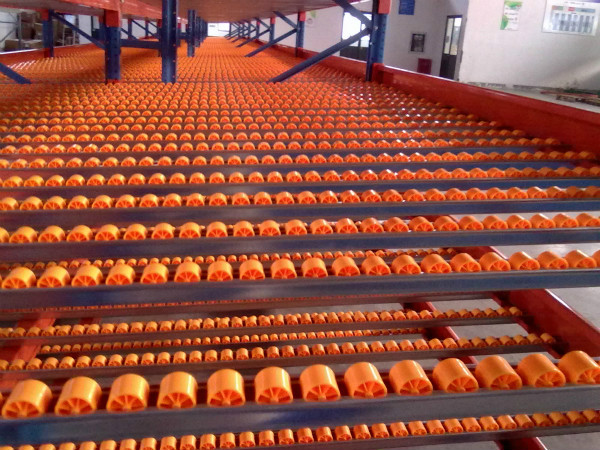
3. The Importance of Assembly and Portability
Some units are monolithic and meant to stay in one place forever, while others are modular and on wheels. For a garage or shed, heavy-duty stationary shelving is fine. But if you need flexibility—for example, to move your gardening supplies around the yard—consider a unit with locking casters.
7 Smart Outdoor Shelving Storage Applications
Now for the fun part. Let's explore some practical and creative ways to use your shelving.
1. The Garage Organization Hub
Transform your chaotic garage into a model of efficiency. Use tall, heavy-duty metal outdoor shelving to store everything from automotive fluids and sports equipment to seasonal decorations. Labeled bins on each shelf make finding what you need a breeze.
2. The Patio Potting Station
Create a dedicated gardening corner. A sturdy, waist-height shelving unit can hold your pots, seed trays, tools, and soil amendments. A wire mesh top shelf is perfect for drying herbs or starting seedlings.
3. Backyard Toy Management
Reclaim your lawn from the clutter of kids' toys. Assign a low, easy-to-access plastic shelving unit for outdoor toys. Use bins for smaller items like sandbox toys and bubbles, and larger shelves for balls and ride-on toys. This also teaches children about cleaning up after themselves.
4. The Ultimate Grill Master's Station
Keep your grilling zone organized and efficient. A compact, weather-resistant shelving unit placed next to your grill can hold spices, trays, grilling tools, and charcoal or propane tanks. Ensure the material can withstand heat and occasional grease splatters.
5. Vertical Gardening on a Shelving Unit
Who said shelving is only for storage? A beautifully crafted wooden or modern metal shelving unit can serve as a stunning vertical garden. Arrange a variety of potted plants, herbs, and flowers on the different tiers to add a lush, green focal point to a small patio or balcony.
6. Streamlined Poolside Storage
Keep pool chemicals, cleaning nets, floaties, and towels tidy and off the ground. A corrosion-resistant resin or aluminum shelving unit is perfect for the humid, chemical-rich environment around a pool.
7. Seasonal Décor and Furniture Cushion Storage
Protect your investment when items are not in use. A shelving unit inside a sturdy shed is the perfect place to neatly store patio furniture cushions, umbrellas, and outdoor holiday decorations during the off-season, keeping them dry and dust-free.
Maintenance Tips for Long-Lasting Outdoor Shelving
To ensure your outdoor shelving storage lasts for years, a little maintenance goes a long way.
Regular Cleaning: Wipe down shelves every few months with a mild soap and water solution to remove dirt, debris, and potential corrosive substances.
Inspect for Damage: For metal shelving, check for any chips in the powder coating and touch them up with a rust-inhibitive paint. For wood, look for signs of rot or splintering and reseal as needed.
Avoid Overloading: Consistently exceeding the weight capacity will stress the joints and shelves, leading to a shorter lifespan and potential safety issues.
Frequently Asked Questions (FAQs)
Q1: What is the most durable material for outdoor shelving storage?
A1: For maximum durability in harsh weather conditions, powder-coated or galvanized steel is generally the most robust option. It offers superior strength and excellent rust resistance. For a rust-proof option that requires zero maintenance, high-quality, UV-stabilized resin shelving is also a very durable choice.
Q2: Can I use regular indoor shelving for my outdoor storage needs?
A2: It is not recommended. Indoor shelving is not designed to withstand moisture, temperature fluctuations, and UV rays. Using it outdoors will likely lead to rapid deterioration, including warping, rust, and collapse, making it a poor investment for outdoor storage.
Q3: How can I make my plastic outdoor shelving more stable?
A3: Plastic shelving can sometimes feel light and wobbly. You can improve stability by placing a heavy, non-slip mat on each shelf to add weight and prevent items from sliding. For added security, you can also use zip ties to anchor the top of the unit to a wall stud in a shed or garage.
Q4: What is the best way to organize items on my outdoor shelves?
A4: Use a combination of clear, labeled storage bins. This protects items from dust and moisture and makes everything easy to find. Place frequently used items on middle shelves at eye level, and relegate heavier, less-used items to lower shelves to maintain a low center of gravity and prevent tipping.
Q5: Are there any safety precautions I should take with outdoor shelving?
A5: Absolutely. Always anchor tall or top-heavy units to a wall to prevent tipping, especially in areas with children or high winds. Be meticulous about not exceeding the manufacturer's weight capacity. When storing chemicals, ensure they are in a secure, well-ventilated area and kept in their original containers.
Investing in the right outdoor shelving storage is a simple yet profoundly effective way to declutter your life and reclaim your outdoor space. By considering your material needs, intended use, and following basic maintenance, you can find a solution that brings order and beauty to your home for years to come.



